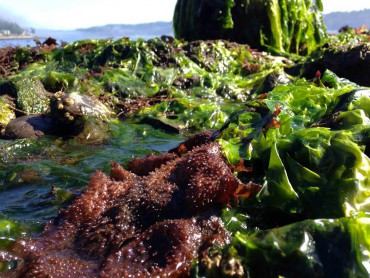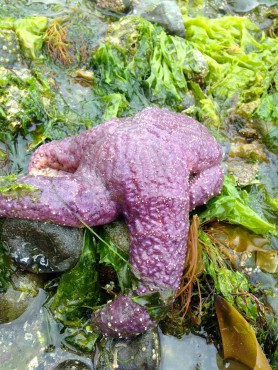
We have to be grateful for this amazing winter weather we have been experiencing. For many of us, this sunshine makes us want to jump ahead to spring!
As the weather continues to get warmer, it will be time for people to head back to our local beaches to explore. I would like to highlight a magnificent beach destination and provide some helpful tips about how to use beach etiquette to respect our local environment.
By using your beach manners, you will ensure this beach can be enjoyed for generations to come.
Manchester is a gem on the Kitsap Peninsula, located at 7767 E. Hilldale in Port Orchard. This unique park is 111 acres of wooded trails, saltwater shorelines and camping areas, with breathtaking views of Seattle and Bainbridge Island.

The park was named after the small town of Manchester in 1892 and citizens hoped it would become similar to the active seaport in Manchester, England.
Today, the 3,400 feet of shoreline provides visitors with the ability to find Puget Sound creatures in natural tide pools and mud flats.
The intertidal zone (the area that is above water at low tide and under water at high tide) is no easy place to survive. All organisms have adaptations, a special skill that allows for survival in extreme environments.
The intertidal zone is a dangerous environment with mixed semi-diurnal tides, meaning two high tides and two low tides of different heights occur every day, roughly six hours apart. If tides weren’t enough of a challenge, these animals also have to adapt to changing weather including cold winter temperatures, storms and hungry predators.
Warmer seasons bring more visitors — humans.






















Comments